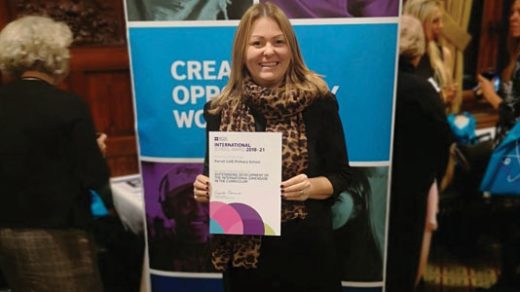DfE announces further guidance on summer schools

Following the announcement that young people in England can benefit from a series of summer activities and academic opportunities through summer schools, the Department for Education has issued further guidance to schools.
The summer schools will help pupils who have experienced the most disruption as a result of the pandemic.
Schools will soon be able to access their funding allocations, set at a rate of £597 per pupil for two weeks’ full attendance, and an average of half of their incoming year 7 cohort participating. A group of 15 pupils, for example, would be funded with just under £9,000. Funding will be set at an increased rate of £1,791 for two weeks’ full attendance for pupils in special schools.
For summer provision, schools will be asked to sign up by the end of April and confirm their plans in June, with flexibility for schools to target their funding at the groups of students they consider best for their local circumstances.
There will be an opportunity for some schools to offer a larger summer school, with a re-allocation process to run after schools have confirmed the scale of their summer school in June.

Parents should expect to hear from their schools over the course of May and June as they progress with their planning, but it remains at the discretion of schools which students they target their summer school offer towards.
Guidance available to schools includes case studies and examples of ‘what works well’ in terms of summer provision, funding and logistics. Further support is available from partner organisations to support schools in designing their academic and enrichment offer.
Alongside this, the government will also work with a national supply contractor to give extra support for councils to deliver the Government’s expanded Holiday Activities and Food programme (HAF), who will help to scale up plans for the summer, building on the foundations laid by councils, sporting organisations, charities and the voluntary sector when it kicks off during the Easter holidays from next week.
Following last summer’s HAF programme, which supported around 50,000 children across 17 local authorities, the programme will launch in every council across the country next week in line with remaining national restrictions, targeted primarily at those who are eligible for free school meals.
Education Secretary Gavin Williamson said: “I know many students, parents, carers and teachers are in equal measures anxious and excited about what this summer might bring.
“That’s why we’re providing clarity, issuing guidance as early as possible, so we can make the most of these opportunities. It will give local authorities, parents, carers and teachers the notice they need so they can make their summer plans to prepare large numbers of incoming year 7s for their first experience of secondary school, and to make sure the most disadvantaged children can make the most of the school holidays through the Holiday Activities and Food programme.

“I am confident this summer of enrichment and engagement in academic work will be a great success, tailored to local circumstances by their local authorities and also the wonderful heads and teachers who best understand the needs of their students.”
The Department for Education has also published the Conditions of Grant for schools and local authorities on how to use their Pupil Premium funding, expected to increase to £2.5 billion in total next year.
From September 2021, schools will be asked to show how their spending decisions are backed by evidence, and will need to publish an annual pupil premium strategy to make sure funding is targeted towards the most disadvantaged pupils.
Schools will be asked to sign up to run summer schools by the end of April, and confirm their plans in June. They will have the flexibility to target the funding to whoever they think could benefit most.
The government continues to encourage schools to consider summer school provision primarily for pupils making the transition into year 7, as this can be a challenging time for some students. A two-week summer school can give pupils the opportunity to kick start any education recovery before they start a new school, as well as supporting their wellbeing through sports and activities.




